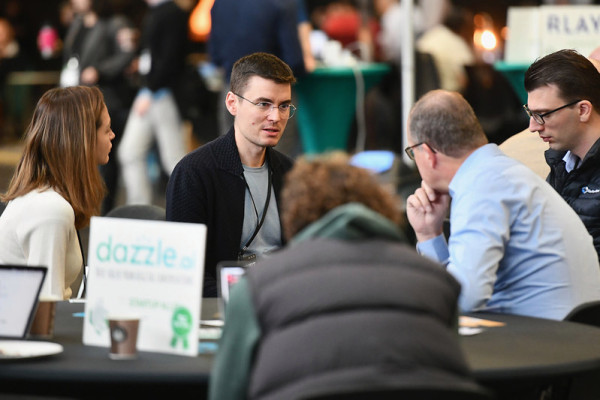Dear readers,
This week we continue our conversation about ageism. Various movements, publications and initiatives are helping the American public have a realistic understanding of aging.
John Feather, the CEO of Grantmakers in Aging, is quoted in a Hartford Foundation report that gets to the essence of the issue. “If you ask anyone who works in the field of aging services or policies about the biggest challenge we face, they may initially say lack of funding, understanding the issue or lack of political will. But shortly, they will come to the more pervasive issue: the pervasive ageism in American society.”
So, what is ageism? It’s a type of discrimination that involves prejudice against people because of their age. The term was first used by the late noted geriatrician Dr. Robert N. Butler.
The challenge to eradicate ageism has been taken on by academics, nonprofit organizations, authors, advocates and some aspects of the media. Unlike sexism or racism, ageism continues to be socially acceptable. We make statements about age and older people that we would never make about one’s race, gender, religion or ethnic background. And if we did, there would be a protest.
Yet there is hope. The following examples demonstrate several approaches to changing the narrative.
Reframe Aging Project: Eight national organizations formed a partnership to create a better public understanding about the needs and contributions of older adults. The authors report on why ageism matters, ideas to shift public opinion and ways to avoid communication traps. Here are just two suggested traps to avoid: Don’t refer to the growing aging population as a “silver tsunami” or the “demographic cliff;” it suggests an inevitable problem for both individuals and society. Avoid the super senior narrative which suggests if they overcame aging, why can’t you?
A book and force: Ashton Applewhite, advocate, speaker and author of “This Chair Rocks, A Manifesto Against Ageism,” erases the myths about later life. She focuses on ageism in the workplace, addresses the all-American myth of independence, critiques the portrayal of older adults as a burden to society and catalyzes a movement to make discrimination on the basis of age as unacceptable as any other kind. Applewhite advocates “age pride.”
Senior Planet: This is a community of people 60 and older who are harnessing technology to change the way we age. Their mantra is “age with attitude.” More than just about the latest apps, websites and gadgets, Senior Planet advances technology as a means to an end that enables older adults and people of all ages to thrive in today’s digital age. This community offers multi-week technology courses, most of them free with locations in New York, Maryland, Colorado, Texas and California. See www.seniorplanet.org. Senior Planet embraces their community and defies the myth that seniors aren’t techies.
Ageism First Aid: This online course is sponsored by the Gerontological Society of America for those working in the field of aging to help change common misconceptions about aging, replacing the myths with facts. The goal is to increases professionals’ understanding of ageism, its development, how to avoid it and ways to interact more skillfully and effectively with older adults. See www.geron.org.
Changing the narrative, Colorado: This strategic communications and awareness campaign is designed to increase understanding of ageism and to change how those in Colorado think about aging. It is a movement that trains advocates, policymakers and other influencers in aging by using evidence-based communication tools and messages developed by Frameworks Institute and tailored for Colorado audiences. The campaign helps with blogging, opinion pieces, letters to the editors and targeted stories. They use Change AGEnts, trained volunteers who educate their networks to eliminate ageist practices and advance a positive view of aging. Their goal: end ageism.
The rose parade. Aging typically is not a theme for the New Year’s Rose Parade. The Scan Foundation places aging in the parade with a float “Hope’s Heroes” to celebrate aging and caregivers. It’s a soft approach to fight ageism acknowledging that a care recipient deserves respect as does those providing care; neither should be marginalized. Eight caregivers will be riding the float including caregiver Dr. Laura Mosqueda, a geriatrician and Dean of USC Keck School of Medicine. (As well, the grand marshall is 88-year-old, still working performer Rita Moreno.)
The forces are in action. Collectively we can change attitudes, beliefs, practices and even policies to provide equal opportunities for older adults, pathways to contribute to society and acknowledge our older population with respect and dignity. After all, if we are lucky, we will get there.










